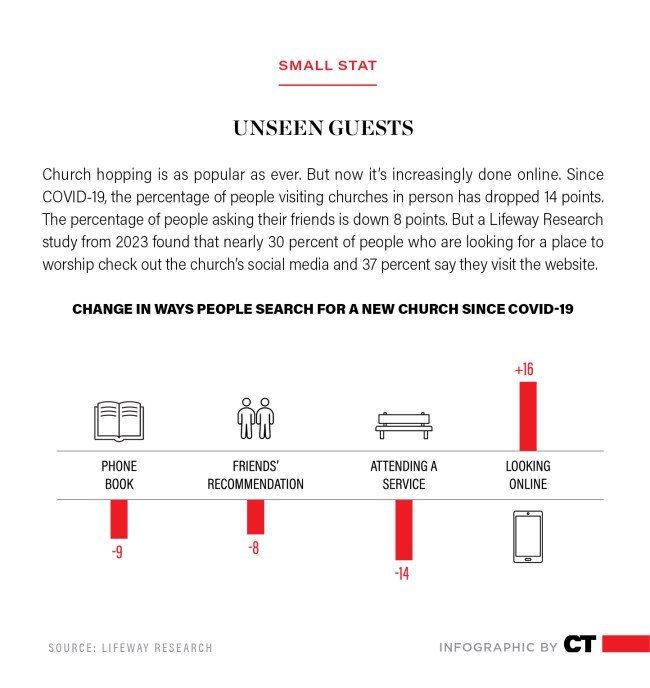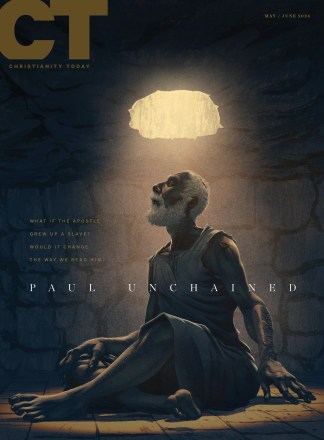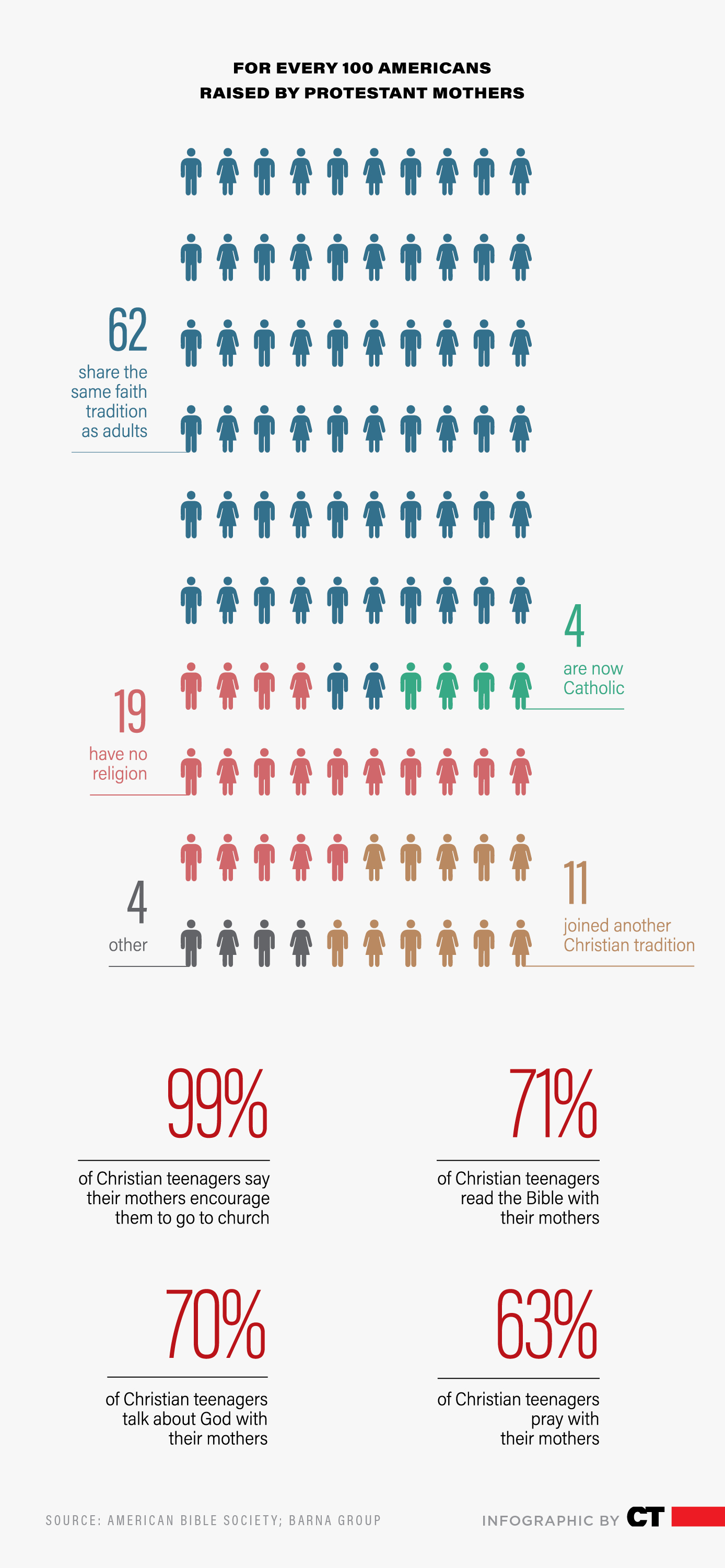Two Christian brothers have been acquitted of charges of blasphemy. Umar and Umair Saleem, known as “Rocky” and “Raja,” respectively, were accused by other Christians of defiling the Quran and making derogatory remarks about Muhammad, “deliberate and malicious acts intended to outrage religious feelings.” The accusations were announced over mosque loudspeakers and sparked anger in the northeastern town of Jaranwala. Mobs attacked dozens of Christian homes and about 20 churches. A police investigation, however, found nothing to substantiate the charges, and the two were released in March 2024. The brothers’ lawyer said they were framed by fellow believers because of “personal enmity.” The Saleems do not believe it is safe to go home.
India: Jonah translated into sign language
The Book of Jonah has been translated into sign language in Nagaland, a state in India with a distinct sign language and more than 100,000 hearing-impaired people. “We are sowing a seed for the Deaf community,” Bible Society of India director W. Along Jamir said, “and this reminds us of God’s faithfulness.”
Korea: Pastor abused teenage defectors
An evangelical pastor once hailed as a hero for helping people escape North Korea has been sentenced to five years in prison for sexually abusing teenagers. Chun Ki-won, 67, claims to have helped more than 1,000 defectors get out of the authoritarian state, with the goal of sharing the gospel, sending converts back, and seeing God’s grace “sweep over the starving, exhausted land of North Korea.” Chun’s work was praised by the BBC, CNN, The New York Times, and National Geographic. According to a South Korean court, however, there was “irrefutable” evidence that Chun harmed five students at a boarding school.
Armenia: Baptist going to prison for rejecting military
A criminal court rejected the appeal of a 20-year-old Baptist man sentenced to prison for refusing military service. Davit Nazaretyan says his faith prohibits him from fighting because Jesus taught his followers to “love one another, even our enemies, and not kill people.” However, an Armenian Orthodox bishop testified the young man’s religious beliefs “would not be restricted by military service,” and the court chose to believe him. Nazaretyan faces two years in prison.
Iran: Christians arrested more in summer
More than 160 Christians were arrested in Iran in 2023. According to a report from four groups defending freedom of religion and helping persecuted Christians, the arrests increased dramatically in summer months, when authorities were worried about public protests.
Kenya: Evangelical Alliance supports Israeli olive oil
The Evangelical Alliance of Kenya is protesting a grocery store chain’s decision to stop stocking olive oil imported from Israel. A letter from the evangelical group said Carrefour’s decision not to stock olive oil interferes with the religious rights of shoppers and needlessly politicizes grocery shopping. Some younger Kenyans have been boycotting Israeli businesses and products, arguing the Jewish state is committing war crimes in Gaza. The evangelical group has called for a ceasefire in the Israel-Hamas conflict but nonetheless opposes corporate pressure on Israeli businesses.
Nigeria: Catholics warned of Pentecostal “invasion”
An ordained scholar told a council of bishops that the Catholic church should worry less about blessings of same-sex couples and more about Pentecostal growth in Nigeria. Anthony Akinwale, a professor in Lagos, told the church leaders that “our Catholic space has been invaded.”
Northern Ireland: Study finds many evangelicals
Twenty-one percent of people identify as practicing evangelical Christians in Northern Ireland, according to a new sociological survey, including nearly half of all Protestants and more than one-third of Catholics. Thirty-five percent of those ages 18 to 24 identify with the term.
Argentina: Soup kitchens get government funding
The new libertarian government is partnering with the Christian Alliance of Evangelical Churches of Argentina to fund 723 soup kitchens that feed an estimated 36,000 people, giving Christians 177 million Argentine pesos (roughly $200,000 USD) to purchase food. President Javier Milei, who describes himself as an anarcho-capitalist, was elected in December 2023. He passed monetary reforms that devalued the peso by more than 50 percent and cut spending on subsidies and welfare programs, including funds for soup kitchens, before directing some money to church groups. Hugo Márquez, a pastor with the evangelical alliance, said the partnership does not signal “political agreement,” despite the “lying fantasy of the progressive groups.”
United States: Landmark tower restored
An Independent Christian Church in Columbus, Indiana, has completed a $3.2 million renovation of its iconic 166-foot tower. The 1942 Stone-Campbell church is considered a landmark of Modernist architecture and is one of the first constructed in the style in the US. Architect Eliel Saarinen, whose work inspired many skyscrapers built in Chicago, believed the popular Gothic- and Georgian-style churches of his time were indulgent and overly theatrical and couldn’t address contemporary spiritual needs.
Starting last year, construction workers stabilized the top of the tower, repaired miles of cracks, fixed water damage, installed a powerful new ventilation system, put up a limestone lintel, replaced thousands of spalled bricks, and restored the church clock.
































